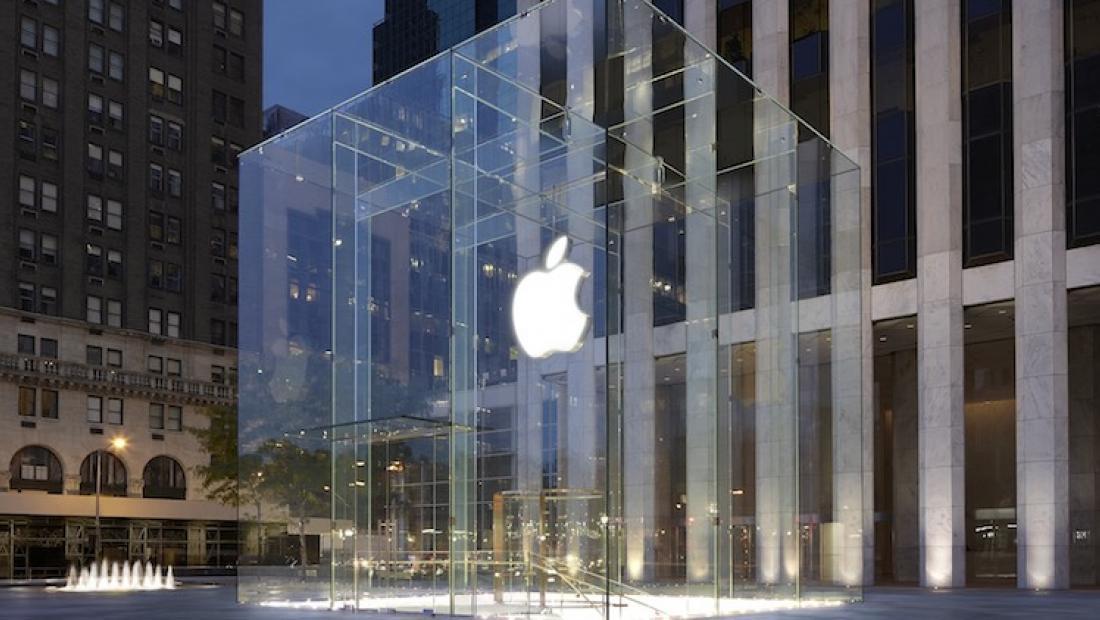Apple Willing to Consider Non-Title II Approach to Net Neutrality

The smarter way to stay on top of broadcasting and cable industry. Sign up below
You are now subscribed
Your newsletter sign-up was successful
Apple has taken a bite out of the arguments from some net neutrality activists and Democratic legislators that it is Title II or nothing.
That came in what was characterized as its first FCC comments on the issue in the current proceeding.
"Apple remains open to alternative sources of legal authority, but only if they provide for strong, enforceable, and legally sustainable protections, like those in place today," according to a copy of the filing supplied to B&C.
Title II fans say those common carrier regs are essential to that sustainability, but Apple has at least signaled it is willing to hear other positions. House Republicans are trying to get ISPs and edge providers to agree on compromise legislation to clarify the FCC's broadband regulatory authority.
FCC Chairman Ajit Pai has proposed rolling back Title II and asked for comment on whether the bright-line rules against blocking, throttling and paid prioritization are necessary.
Apple suggests that they are, under whatever legally sustainable model is achieved.
"Apple believes that the Federal Communications Commission should retain strong, enforceable open internet protections that advance the following key policy principles," it said.
Those are that the FCC should 1) ensure that consumers can access the lawful internet content, applications, and services using nonharmful devices of their choice, which means no blocking, throttling or discrimination against lawful websites or services, which as it points out has been a foundational principle of the FCC's approach to net neutrality under both Republicans and Democrats; 2) not allow paid fast lanes; 3) should promote competition for last mile connections; 4) should make sure that its new regulatory framework promotes investment and innovation; and 5) should ensure that ISPs disclose their traffic management and performance so consumers can make "informed choices."
ISPs have committed to no blocking or throttling, but have argued that it is anti-competitive prioritization that should be out of bounds, which would allow for potentially consumer-friendly prioritization.
The smarter way to stay on top of broadcasting and cable industry. Sign up below
Contributing editor John Eggerton has been an editor and/or writer on media regulation, legislation and policy for over four decades, including covering the FCC, FTC, Congress, the major media trade associations, and the federal courts. In addition to Multichannel News and Broadcasting + Cable, his work has appeared in Radio World, TV Technology, TV Fax, This Week in Consumer Electronics, Variety and the Encyclopedia Britannica.

